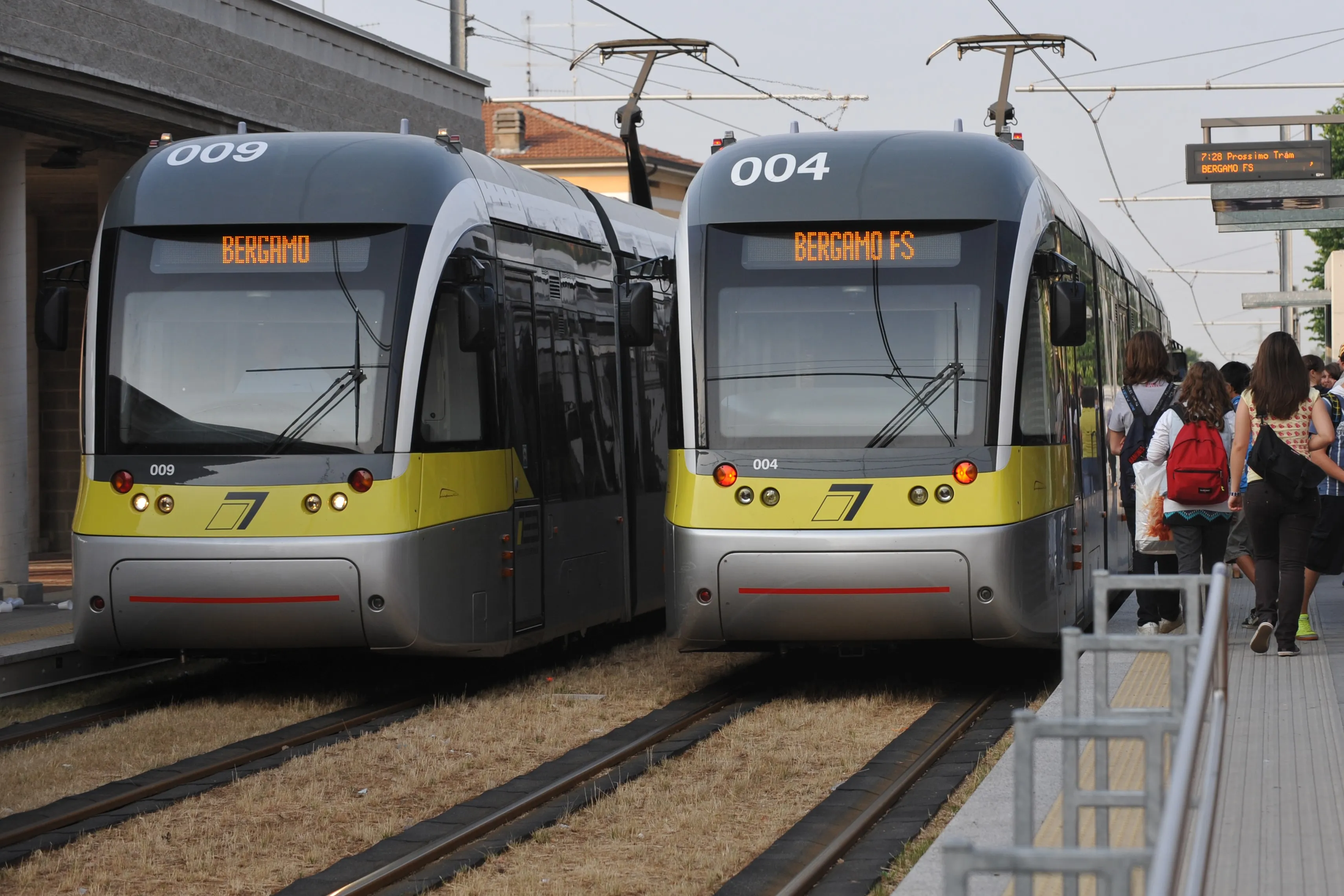Indra has increased its penetration of the Indian transport and traffic by winning two contracts with a total value of US$12.5 million to deploy its technology in the longest tunnel in Southeast Asia, between Chenani and Nashri, and in the Navi Mumbai metro system, in India's financial capital, both currently under construction.
Under the first contract, Indra is responsible for the design, supply, set-up and rollout of the control system for the 9.2 km long tunnel and will equip the control center with
November 30, 2015
Read time: 3 mins
Under the first contract, Indra is responsible for the design, supply, set-up and rollout of the control system for the 9.2 km long tunnel and will equip the control center with its proprietary Horus solution. This will enable the centralised integrated management of the various intelligent traffic systems (ITS) that will be deployed in the tunnel and ensure compliance with quality and security standards.
The project includes implementation of the automatic incident detection, video surveillance, traffic control, signalling, fire detection, access control and emergency call systems. It will also integrate other sub-systems supplied by local companies, such as lighting, ventilation, communication and energy systems.
Indra's technology will enable the tunnel to be monitored all times and provide real-time information for decision-making purposes. The high level of automation of operations will facilitate speedy and accurate management of everything that happens in the tunnel, both for routine management purposes and in emergency situations. Indra's solution will also make it possible to offer real-time information to drivers and deliver optimal safety and service quality, helping to reduce the risk of incidents and optimise the use of resources in those situations.
For the second contract, Indra will implement a latest-generation contactless ticketing system to enhance the service and information provided to the more than 18 million residents of Mumbai, simultaneously facilitating the control, financial management and tracking of resources. The company will design, manufacture, engineer, supply and implement the access control and ticketing systems for the new metro line currently under construction in the southeast sector of the city of Mumbai,
Passengers will be able to top up their contactless cards or buy the electronic tokens at any of the 11 stations along the line, either using the automatic dispensing machines or at the customer service/ticket offices at each station. The access control systems will allow users to validate their cards by simply passing them over the scanner, leading to faster and more convenient access.
The solution supplied by Indra will also include portable top-up and inspection devices to allow these processes to be carried out directly on trains and platforms.









